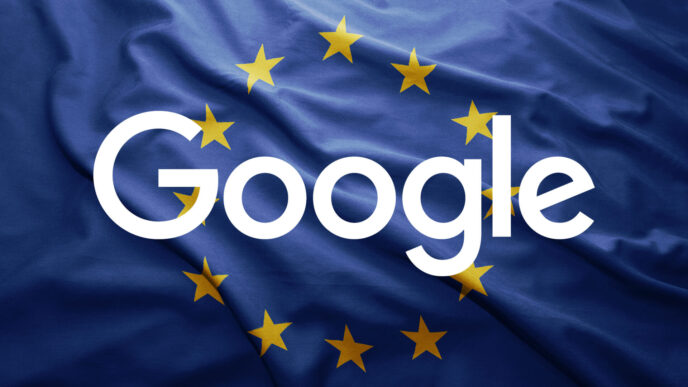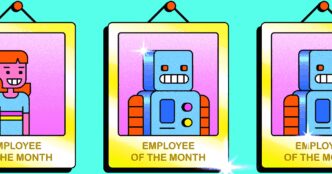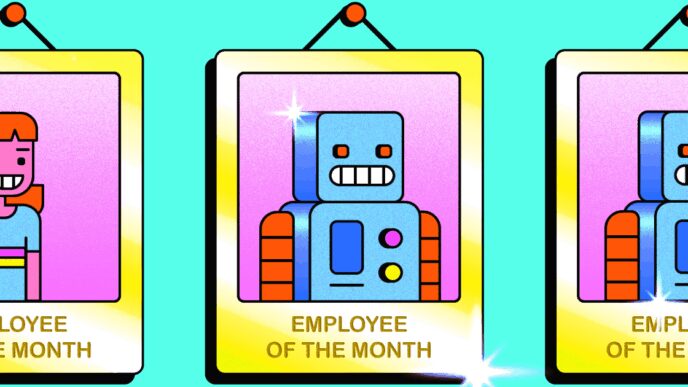AI-generated content backfires, forces costly rewrites and fixes
Sarah Skidd, a product marketing manager, is cashing in by fixing AI-written copy that flops. In May, a content agency hired her to redo website copy created by generative AI for a hospitality client. The fix wasn’t small tweaks. Skidd had to rewrite the entire thing.
"It was the kind of copy that you typically see in AI copy – just very basic; it wasn’t interesting," Sarah Skidd said.
"It was supposed to sell and intrigue but instead it was very vanilla."
She spent 20 hours reworking the text at $100 an hour. Skidd isn’t worried about AI replacing writers. She says top talent will always be needed. Others in the writing world say fixing AI content makes up 90% of their current work.
The trend isn’t just with words. Sophie Warner, co-owner of UK digital agency Create Designs, reports client websites crashing after using AI-generated code from ChatGPT. One small error cost a client £360 and three days of downtime after following ChatGPT-based instructions instead of a quick manual update.
"We are spending more time educating clients on the consequences [of using AI].
"We often have to charge an investigation fee to find out what has gone wrong, as they don’t want to admit it, and the process of correcting these mistakes takes much longer than if professionals had been consulted from the beginning."
Experts warn AI tools hallucinate and produce inconsistent or low-quality outputs. Feng Li, associate dean at Bayes Business School, says human oversight is critical.
"We’ve seen companies generate low-quality website content or implement faulty code that breaks critical systems.
Poor implementation can lead to reputational damage and unexpected costs – and even significant liabilities, often requiring rework by professionals."
Copywriter Kashish Barot from India edits AI content for US clients to remove robotic patterns and make the text sound human. But she says AI’s speed has set unrealistic client expectations.
"AI really makes everyone think it’s a few minutes work," Kashish Barot said.
"However good copyediting, like writing, takes time because you need to think and not curate like AI, which also doesn’t understand nuance well because it’s curating the data."
More than a third of small businesses plan to grow AI use in the next two years, rising to 60% among fast-growing ones, according to research by the Federation of Small Businesses.
OpenAI highlights ChatGPT’s capabilities vary by model, user skill, and prompt quality.
"Each of our models has different capabilities for completing different tasks."
Warner warns AI can harm brands.
"While it seems like a quick and inexpensive option, AI rarely takes into account unique brand identity, target demographics, or conversion-focused design. As a result, much of the output looks generic and can actually damage the brand’s reputation or effectiveness."
"While AI can be a helpful tool, it simply cannot replace the value of human expertise and context in our industry."














